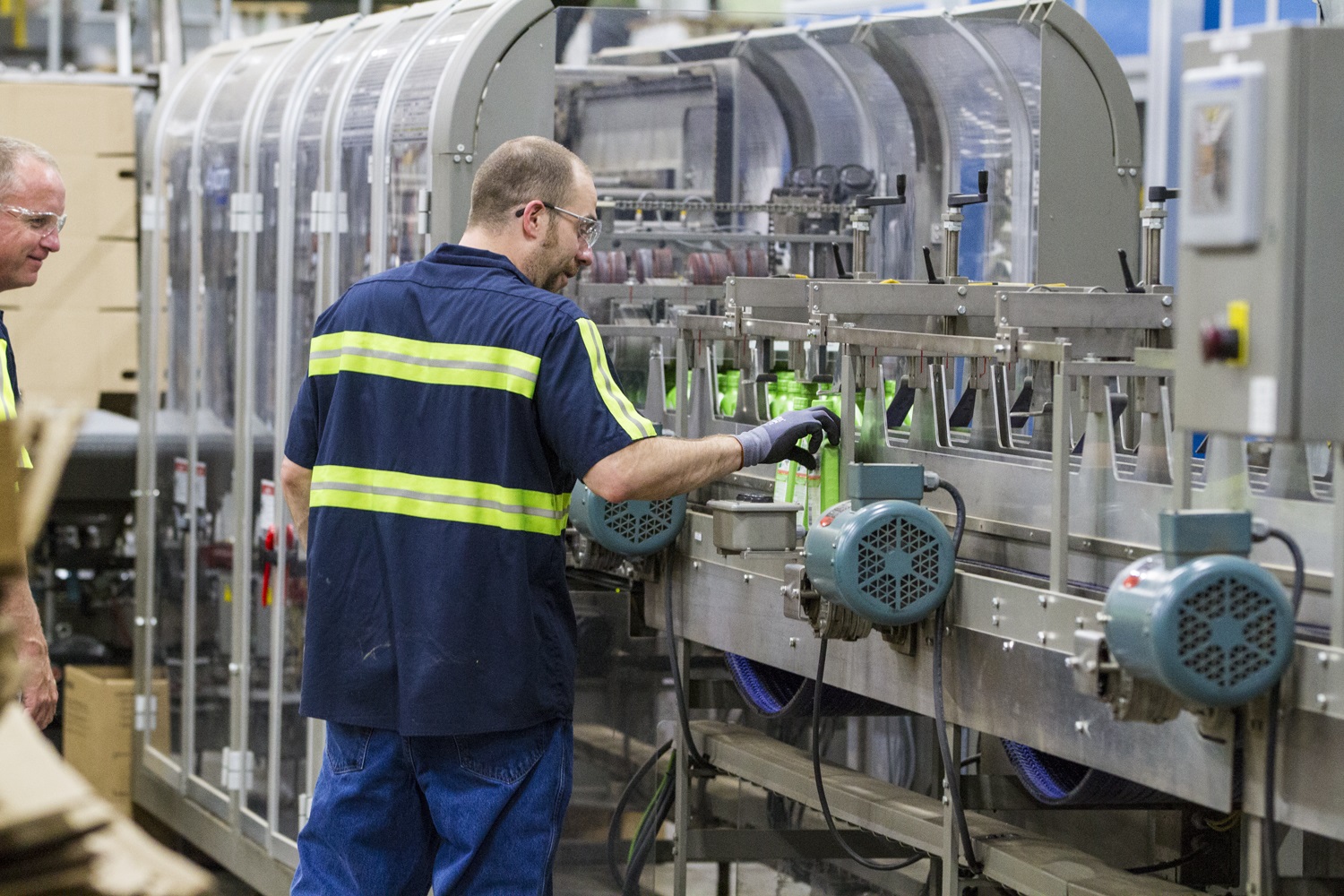
The concept of business sustainability – which has gained increasing traction in recent years – is beginning to take shape for the lubricant industry in Europe.
A group of German companies is developing a standard specifically to evaluate sustainability of lubricant suppliers, and the Union of the European Lubricants Industry (UEIL) board of directors is scheduled next month to consider joining the effort.
An individual at the center of the German initiative said lubricant companies should begin measuring and improving their sustainability because the European Union is moving toward requiring them to do so.
We need to have our own standard, one that is specifically for our industry, Apu Gosalia, vice president of sustainability and global competitive intelligence at Fuchs Petrolub SE, said in October at UEILs Annual Congress in Berlin. Because the day is coming when this will be mandated, and if we dont do it, someone else will do it for us and well end up with a system we dont want.
The concept of sustainability grew out of a desire for industry and societies to reduce their generation of greenhouse gases and other environmental impacts, but it has come to also cover social and economic impacts.
The German sustainability initiative for lubricant companies, organized by the German Lubricant Manufacturers Association (VSI) was inspired by Fuchs and so far also includes Avia Bantleon, Klueber Lubrication and Zeller + Gmelin.
But more lube manufacturers might join next year, Gosalia said. The VSI sustainability group is still developing its standard, which will include a list of criteria that should be used to measure the sustainability of a companys operations, as well as rules for calculating and weighting them.
Fuchs, which is based in Mannheim, Germany, has for several years been evaluating its own sustainability. The company calculates the amount of energy that it generates at its production facilities, the amount of water it consumes, the amount of waste it generates and the amount of carbon dioxide generated by the aforementioned indicators and other parameters, such as those associated with the raw materials it purchases or the use of company vehicles.
Those criteria are consistent with standards developed to measure sustainability of businesses in other industries, such as chemicals and energy.
Sustainability proponents say the development of such standards is a key prerequisite to any true progress toward the cause.
This is an important step because were moving from the qualitative to the quantitative assessment of sustainability, Gosalia said. Its the only way to know if you are truly having an impact. What you cannot measure you cannot manage, and what you cannot manage you cannot modify in an optimal way.
Fuchs has been evaluating its own sustainability since 2011 and last month was named Germanys most sustainable medium-sized company 2016 by the German Sustainability Award Foundation, beating out 800 other companies from various industries. Sustainability programs and reporting are voluntary now, but soon they will become mandatory for some businesses. In 2018, the European Union will require companies with more than 500 employees to evaluate the sustainability of their operations and report the results for the fiscal year 2017 for the first time. Regulators expect companies to follow sustainability standards where they exist.
Gosalia predicted that the requirement will eventually be extended to smaller companies and that governments may also develop a standard for lubricant companies if the industry doesnt first. This, he said, should encourage the lube industry to develop its own standard.
We still have some breathing room – exactly one year – and freedom to develop this on our own, before the EU might come up with some of their own ideas for us, he said. We can no longer sit this out.
In his address at the UEIL conference, Gosalia offered to work with the association if it decides to develop a sustainability standard for the European lubricant industry. Thomas Schultz, a member of UEILs board of directors, confirmed yesterday that Gosalia is scheduled to attend the boards Jan. 26 meeting in Brussels to discuss steps for developing a standard.
Sustainability is regarded by UEIL as an important aspect for the future, and we will discuss how to proceed in this meeting, said Schultz.
